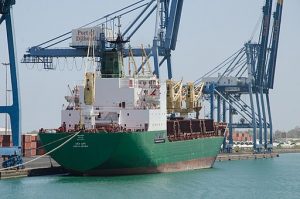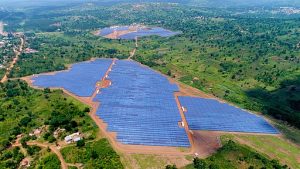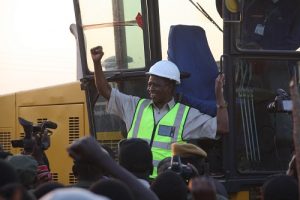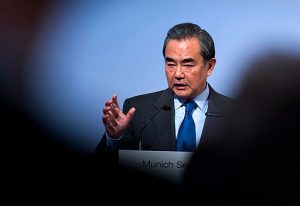These are some of the answers I gave when I was recently interviewed on Chinese overseas investments in Africa, Asia and Europe.

What is your take on China’s massive investments in ports and maritime infrastructure? What is China’s game plan?
Chinese investments in port infrastructure all around the world are another testament to the current geographical reorganisation of the global economy. Investments in overseas ports play a crucial role in China’s foreign trade policy, as they facilitate China-oriented value chains and growth. Seaports like the ones in Gwadar, Hambantota, Djibouti or Piraeus are crucial logistics hubs to facilitate trade and trans-shipment along the Maritime Silk Road. However, to assume that Chinese port investments form part of a meticulously planned grand strategy would be misleading. Chinese port and logistics companies, such as China Merchants and COSCO Shipping, are meanwhile global players in a highly competitive market. They operate with a significant degree of independence from Beijing and, like their competitors, first and foremost aim at profit maximation.
Continue reading “Interview on Chinese overseas investments in ports”


